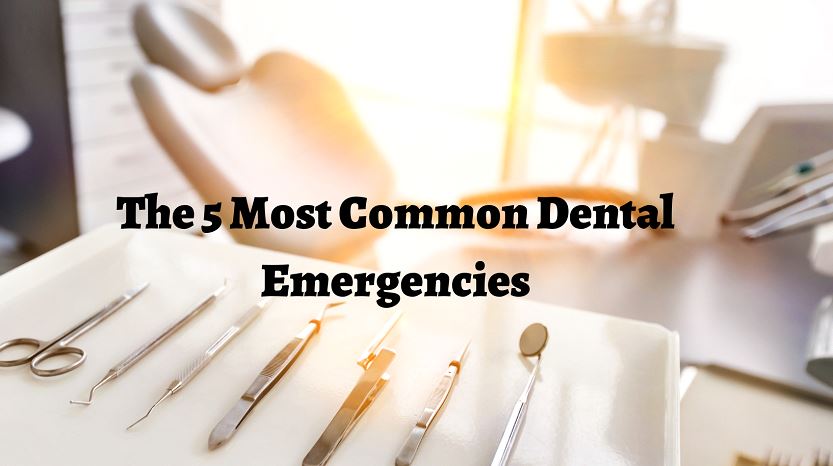If you’re like most people, you probably don’t think about dental emergencies until they happen. But when they do, it’s important to know what to do. Here are the five most common dental emergencies and what you can do to handle them.
1. Toothache
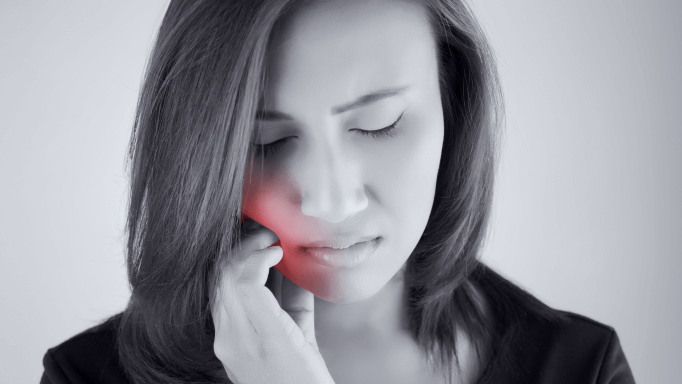
It’s not uncommon to wake up with a toothache. In fact, it’s one of the most common dental problems. A toothache is usually caused by a tooth that is infected or damaged. The pain can range from mild to severe, and it can be accompanied by other symptoms, such as a headache, fever, and swollen lymph nodes.
There are several things you can do to prevent a toothache:
- Brush and floss your teeth regularly. This will remove plaque and bacteria from your teeth and gums, which can cause an infection.
- See your dentist regularly for checkups and cleanings. This will help to detect any problems early and prevent them from getting worse.
- Avoid eating hard or sticky foods. These can damage your teeth and make them more susceptible to infection.
- Don’t chew on ice or hard candy. These can crack your teeth, which can lead to a toothache.
- If you have a toothache, try to keep your head elevated. This will help to reduce the pain.
If you have a toothache, there are several things you can do to relieve the pain:
- Rinse your mouth with warm salt water. This will help to remove any irritants from your teeth and gums.
- Take over-the-counter pain relievers, such as ibuprofen or acetaminophen.
- Use a cold compress. This will help to numb the pain and reduce inflammation.
- See your dentist. They can prescribe medication to help relieve the pain and treat the underlying cause of the toothache.
2. Chipped Tooth
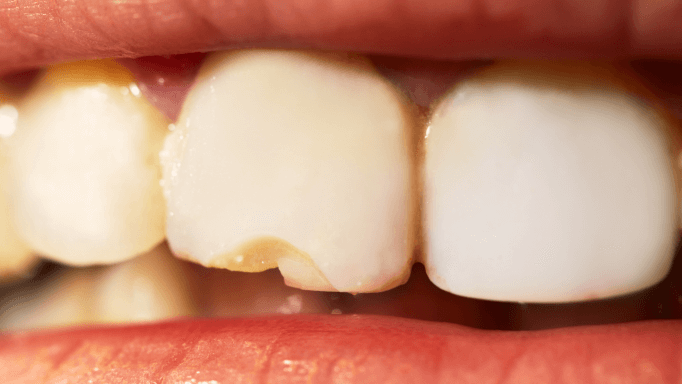
It can happen in an instant. You’re eating your favorite food, and suddenly you feel a sharp pain in your tooth. You put your finger in your mouth to investigate, and you realize that you’ve chipped your tooth.
It’s a common occurrence, and it’s not usually a cause for major concern. However, it’s important to take care of a chipped tooth as soon as possible to avoid further damage and to maintain your oral health.
There are a few things you can do to take care of a chipped tooth:
- Rinse your mouth with warm water.
- Apply a cold compress to the outside of your mouth to reduce swelling.
- If the chip is small, you can try to cover it with dental wax or a piece of sugarless gum.
- If the chip is large, you’ll need to see a dentist to have it repaired.
- In the meantime, avoid chewing on that side of your mouth and eat soft foods.
If you take care of a chipped tooth right away, you’ll minimize the risk of further damage and can avoid oral health problems down the road.
3. Knocked Out Tooth
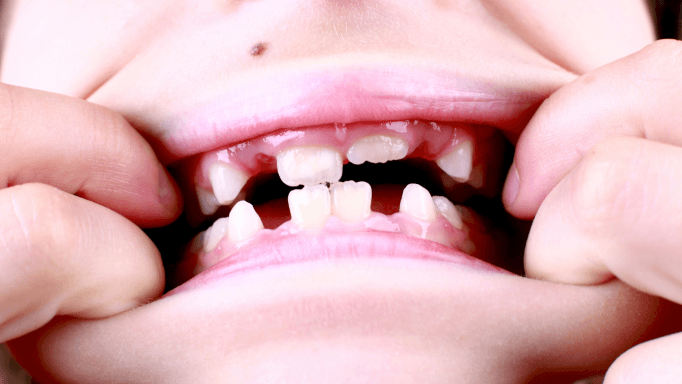
It can be a very traumatic experience when you or your child chips or knocks out a tooth. It’s important to stay calm and follow these steps:
- Find the tooth. If it’s a baby tooth, there’s no need to worry. If it’s an adult tooth, try to find the tooth and rinse it off gently with water.
- If the tooth is dirty, gently rinse it with milk.
- If the tooth is a adult tooth, put it back in the socket if possible. If you can’t do that, put the tooth in a cup of milk.
- Go to the dentist as soon as possible.
- If you can’t see a dentist right away, take over-the-counter pain medication and use a cold compress to reduce swelling.
It’s important to stay calm and follow these steps if you or your child chips or knocks out a tooth.
If you knock out a tooth, it’s important to try and find the tooth and bring it with you to the dentist. Rinse your mouth with warm water and apply a cold compress to the outside of your cheek to help reduce swelling.
4. Lost Crown
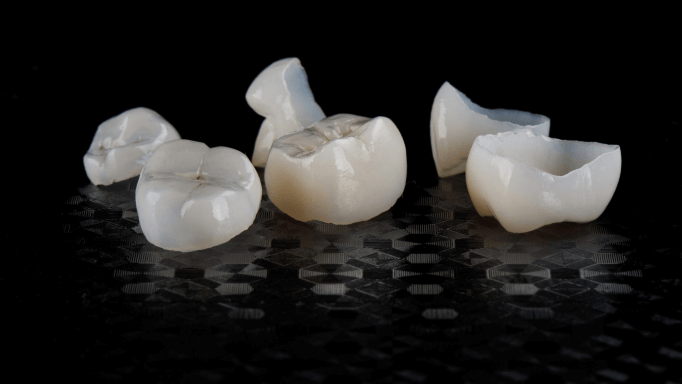
It’s happened to the best of us. We’re out and about, enjoying our day, when suddenly we feel a sharp pain in our mouth. We reach up to feel what’s causing the pain, and our fingers brush against a jagged edge where our tooth used to be. We’ve lost our crown.It’s a scary feeling, losing a crown. Our teeth are important to us, not just for appearance’s sake, but for function as well. When we lose a tooth, it can affect our speech, and make it difficult to eat. Not to mention the pain that can come along with it.
But don’t despair! There are a few things you can do if you’ve lost your crown. First, try to find the crown. If you can find it, you can bring it to your dentist and they may be able to re-attach it.
If you can’t find the crown, or if it’s damaged, your dentist can make a new one for you. In the meantime, there are a few things you can do to make sure you’re as comfortable as possible.
First, use a piece of sugar-free gum to cover the exposed tooth. This will help to protect the tooth from further damage and will also help to keep food and bacteria from getting into the empty space.
You can also try using a temporary dental filling. This can help to keep your tooth safe until you can get to the dentist.
5. Bleeding Gums
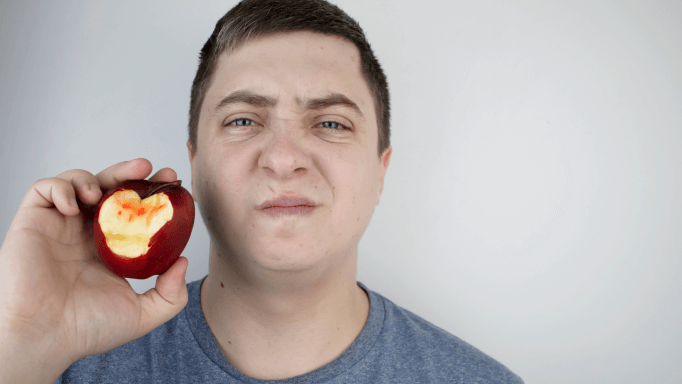
It’s no secret that poor oral hygiene can lead to a number of dental problems, including bleeding gums. In fact, bleeding gums are one of the most common dental problems, affecting millions of people worldwide.
There are a number of reasons why your gums may bleed, but the most common cause is plaque. Plaque is a sticky film of bacteria that forms on your teeth and gums. If plaque isn’t removed, it can harden and turn into tartar, which can cause your gums to become inflamed and bleed.
Other causes of bleeding gums include:
– Brushing your teeth too hard
– Flossing too vigorously
– Wearing dentures that don’t fit properly
– Pregnancy
– Menstruation
– Smoking
If you’re concerned about bleeding gums, the best thing to do is to see your dentist. They will be able to identify the cause of your bleeding gums and recommend the best course of treatment.
Treatment for bleeding gums will depend on the underlying cause. If plaque is the problem, your dentist will recommend a professional cleaning and a good oral hygiene routine. If your gums are bleeding because of pregnancy or menstruation, your dentist may recommend using a soft toothbrush and flossing more gently.
